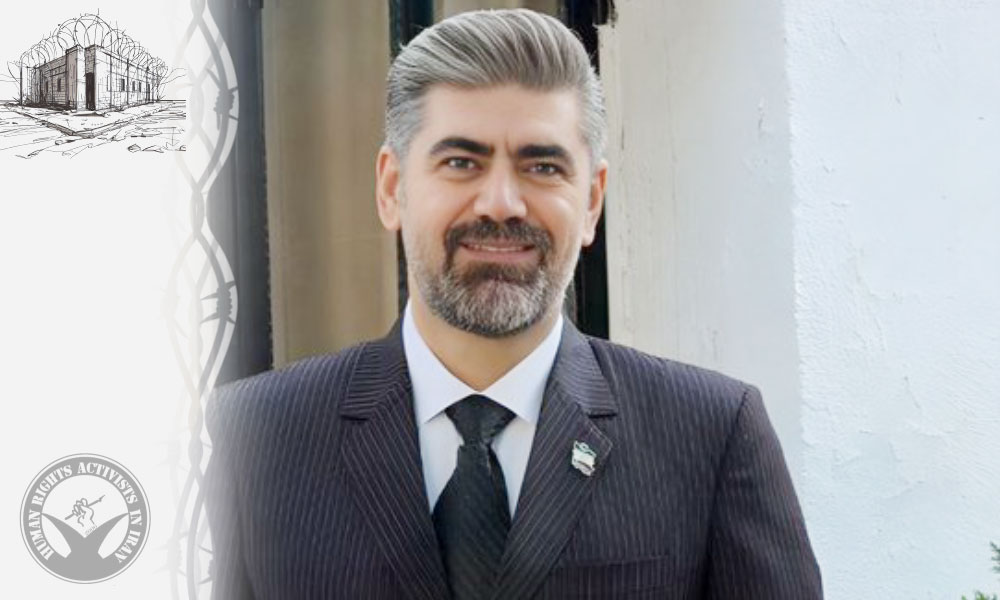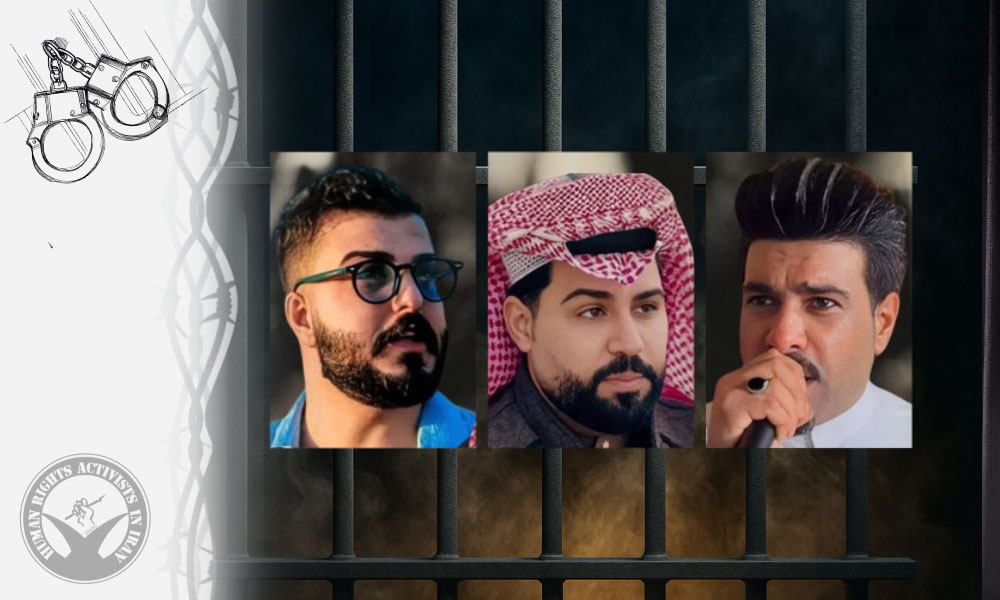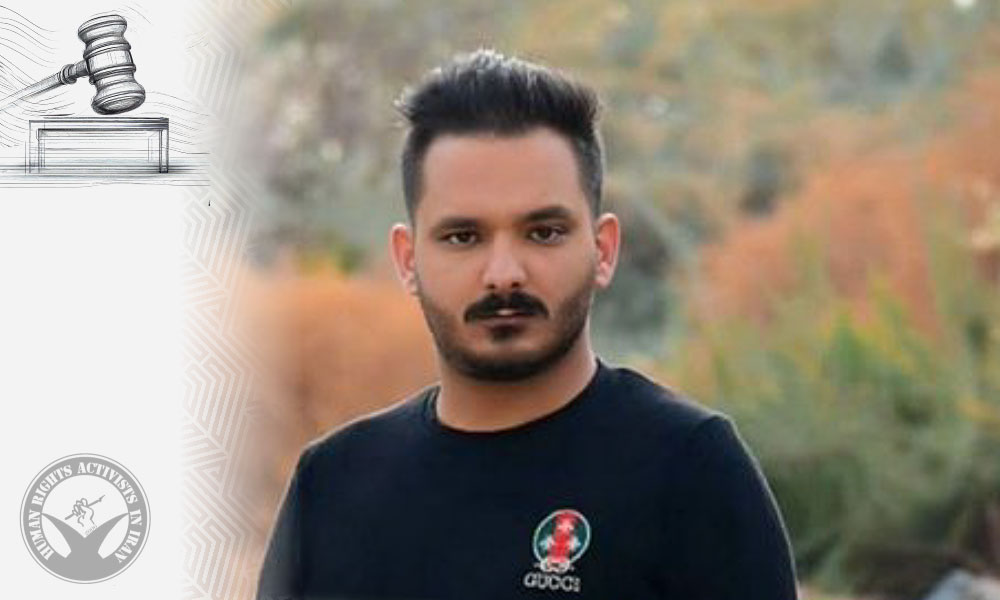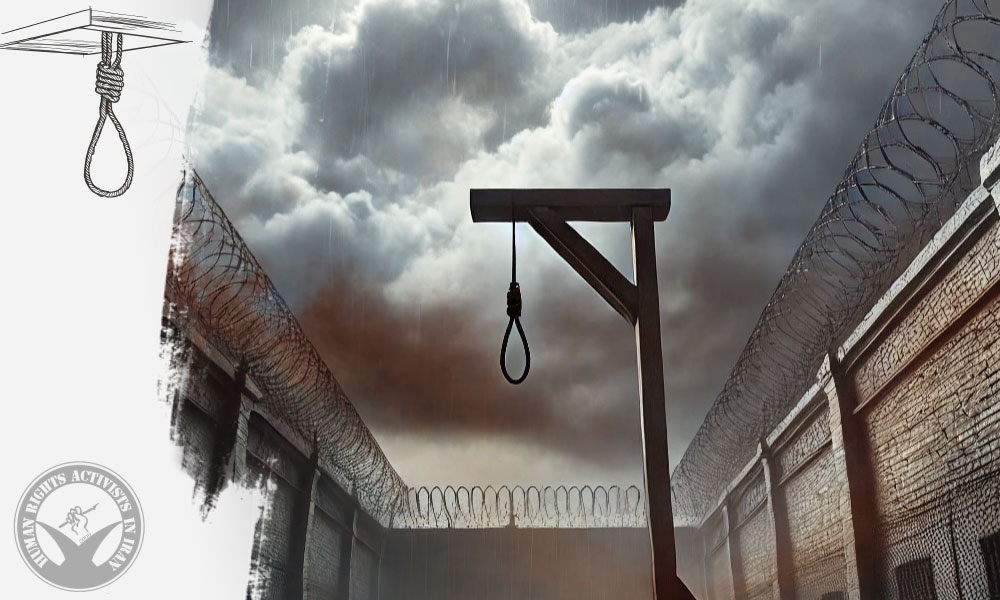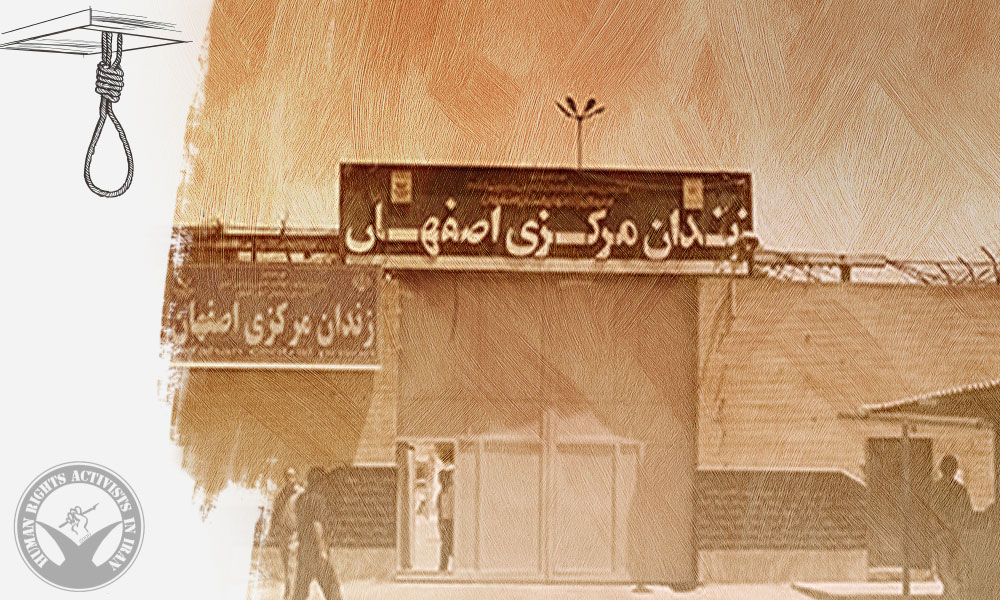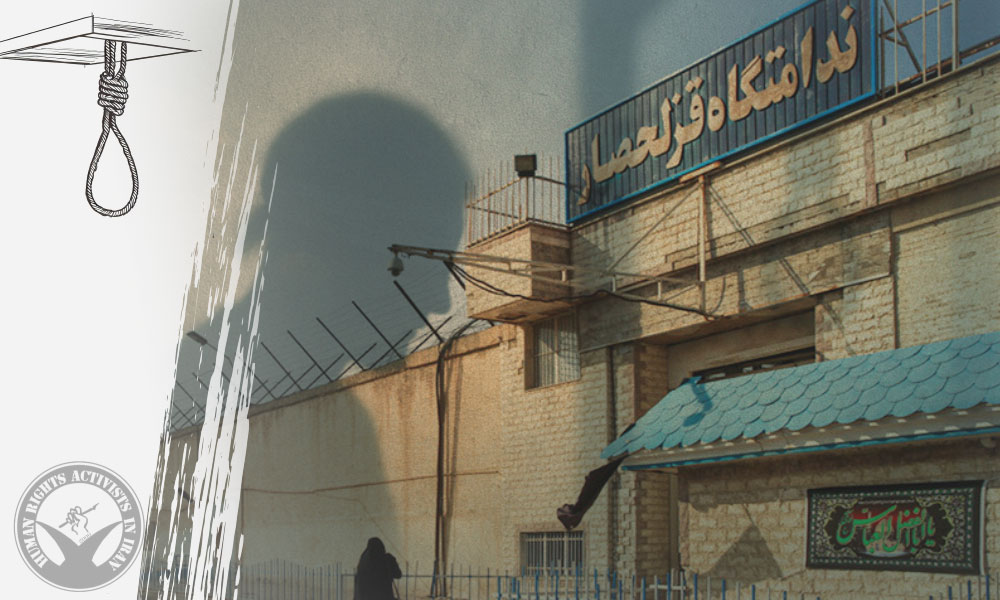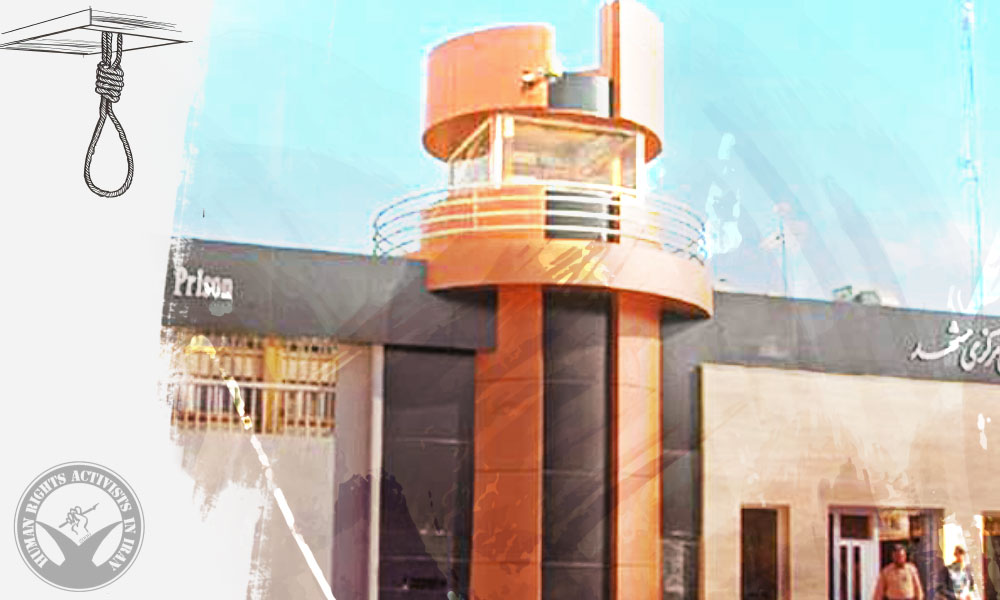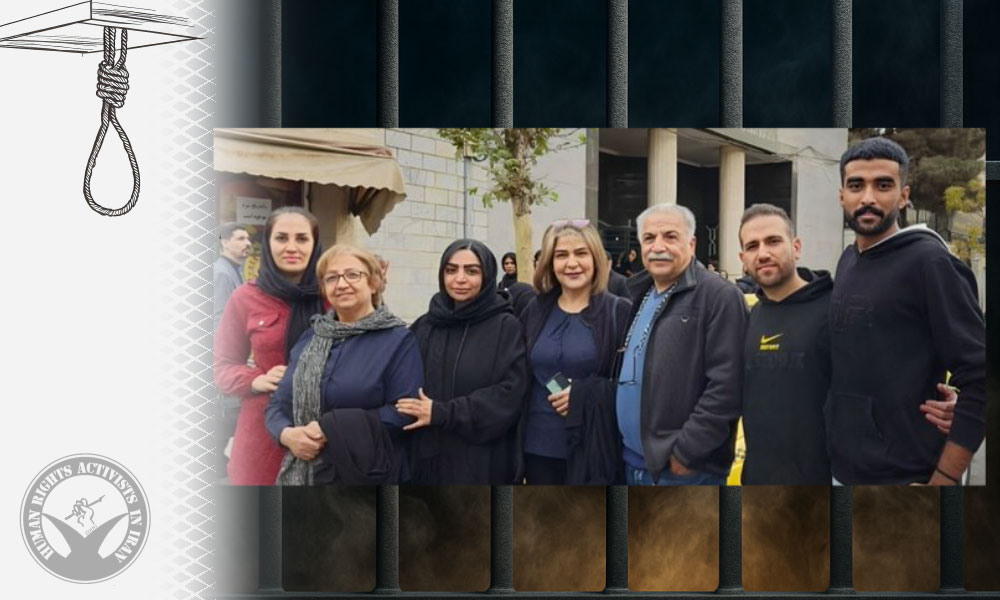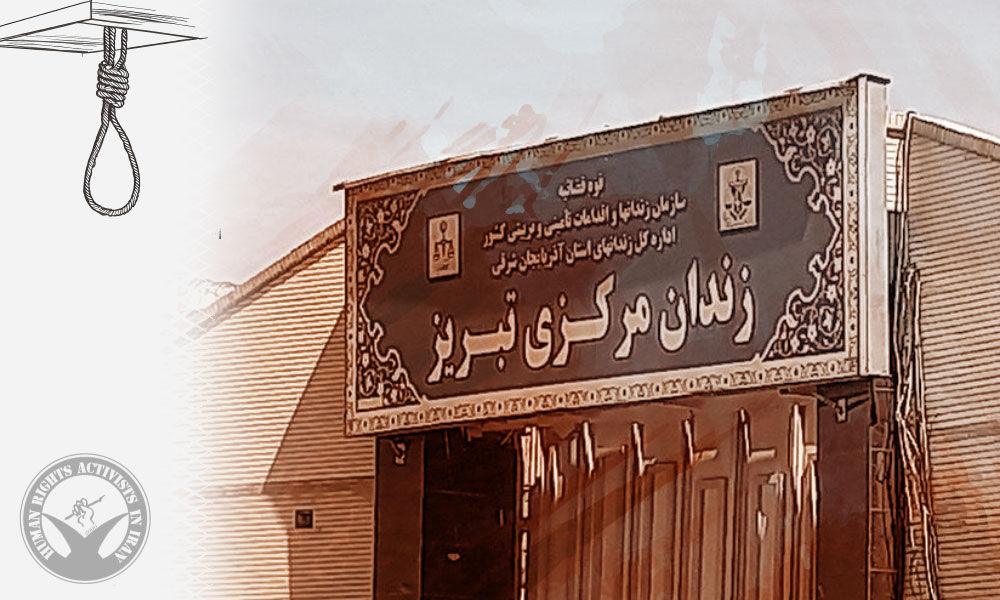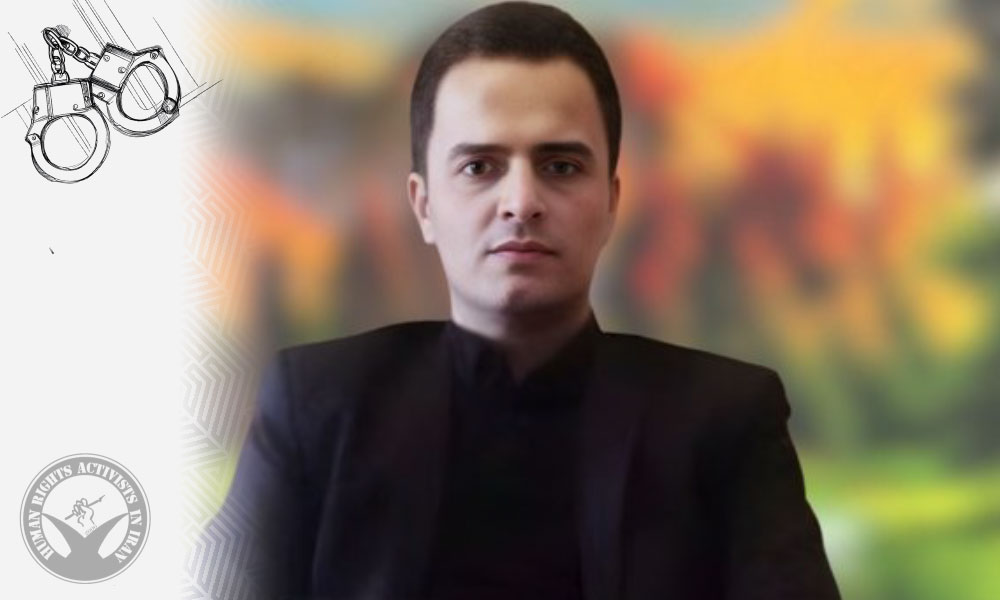HRANA – Kourosh Jalil, a resident of Yasuj, was arrested and transferred to the city’s prison to begin serving his 15-month prison sentence.
Based on information received by HRANA, on Friday, November 21, security forces entered Mr. Jalil’s home, arrested him, and transferred him to the Yasuj Prosecutor’s Office. He was then taken to the city’s prison to begin serving his sentence.
In August, Mr. Jalil was sentenced by Branch 1 of the Yasuj Revolutionary Court to two years, one month, and one day in prison. This included 10 months for propaganda against the regime and 15 months and one day for insulting the Supreme Leader and the founder of the Islamic Republic. Since he did not appeal the ruling, the verdict became final and enforceable. Under Article 134 of the Islamic Penal Code, the most severe punishment, 15 months and one day, will be applied.
In May of this year, Branch 1 of the Public and Revolutionary Prosecutor’s Office of Boyer-Ahmad issued an indictment against Mr. Jalil on charges of propaganda against the regime and spreading falsehoods. His hearing, along with two other citizens, had previously been held at the same branch.
In December of 2024, in another case, Kourosh Jalil was sentenced to three years in prison on charges of insulting the founder of the Islamic Republic, unlawful assembly, insulting Islamic sanctities, insulting the Supreme Leader, and propaganda against the regime. This sentence had been suspended for one year.
Kourosh Jalil had been released on bail in July 2024 after being arrested the previous month. On that same day, his sentence of a monetary fine was enforced following several hours of detention.



